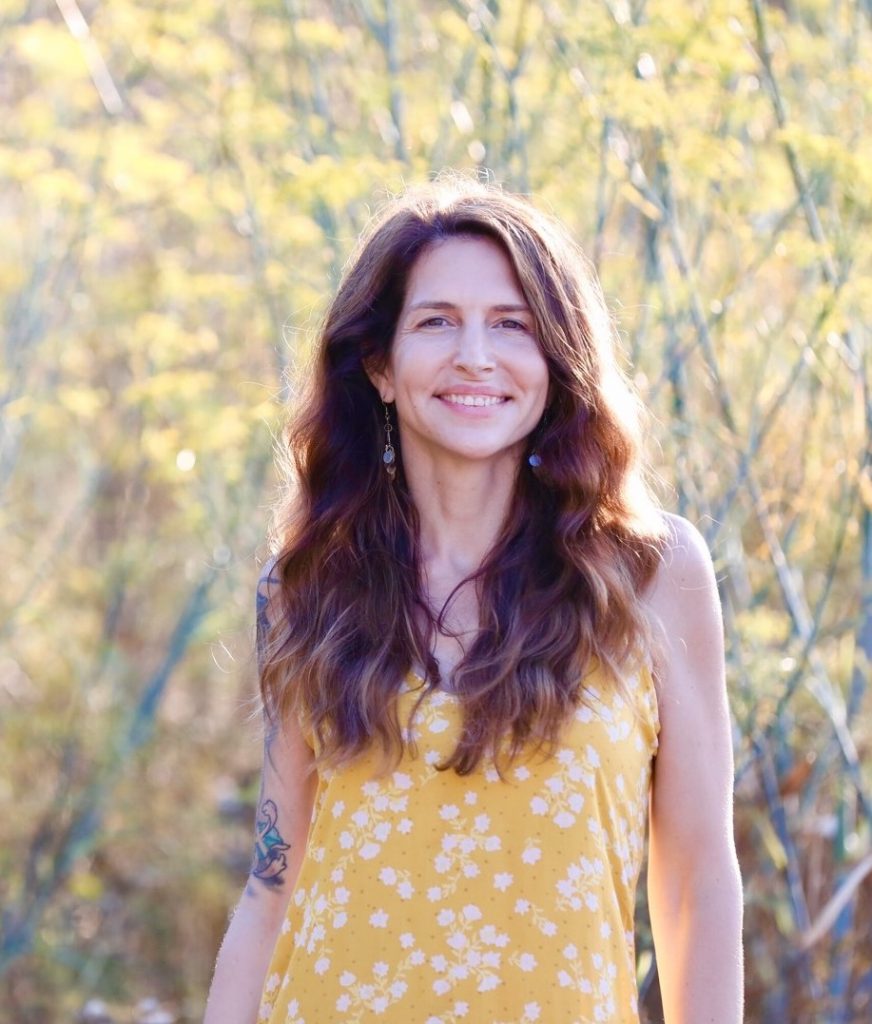The Ethics of Spiritual Work in the Current World
Ethics in spiritual work have not changed. The teachings have remained the same for as long as we have been writing them down, and most likely for longer than that. There are not new ethics to discover—we know to be kind and offer understanding as much as possible; we know not to lie, cheat, and steal and instead to be honorable; and we know not to harm others, especially for our own gain. This and so many more ethical stances have been taught to many of us.
We Know
\”Ethics has nothing to do with external considerations. It is independent of time and space, beyond fashions and civilizations. It is derived from the foundations of the Ancient Wisdom and the essential nature of man. \” — Danielle Audoin
But there is sometimes a great chasm between knowing and doing. We all struggle with this to some degree, but we do have a sense of what is right and wrong, and it is up to us to take appropriate action.
We can, however, easily fall into the trap of contextualizing our ethics: Our lie is OK because that other person would have reacted badly to the truth. Our actions were justifiable because we are only human, after all. That person deserved retaliation because of the way they acted.
Being an ethical person does not mean that we make the same decision in any given ethical dilemma that another person would also make in that situation, but rather that we adhere to our ethical code regardless of the situation. If we do this, we can consider ourselves ethical.
One large problem that we have at this point in time is the number of people who perhaps have attained a certain spiritual knowledge yet have not made an ethical commitment or developed this understanding.
And, then of course, there are people who have neither understanding nor ethical practice. In a world desperate for spiritual connection, the superficial trappings of a wise tradition can be enough to find followers.
If you are a spiritual person, the most important place to focus is on your ethical development. This is not magical power, extensive knowledge, or a large following. Your ability to know and live by your ethical code is what will make the difference in your own life and the impact that you have on others.
\”We practice ethical behavior by creating the intention to follow a particular ethical guideline. We do this for the purpose of spiritual awakening, not for the purpose of being “good” or escaping criticism–either internal or external.\” –Robert Brumet
Once we have committed ourselves to an ethical code, our job is to live and learn by it.
We will have many chances to grow in our understanding of how to be a good person; as we do this, we will grow in our spiritual depth and move in the direction of enlightenment. Inevitably, many of us will face difficult circumstances that pose an ethical dilemma.
These challenges hold the potential for great spiritual wisdom and are the moments we have trained for in our ethical practice. In each of these moments, large and small, we become a light for others, ultimately fulfilling our mission to be a spiritual being.
It is ethics — not yoga pants, indigenous jewelry or obscure spiritual artifacts — that make a spiritual practitioner and ultimately a spiritual leader.

